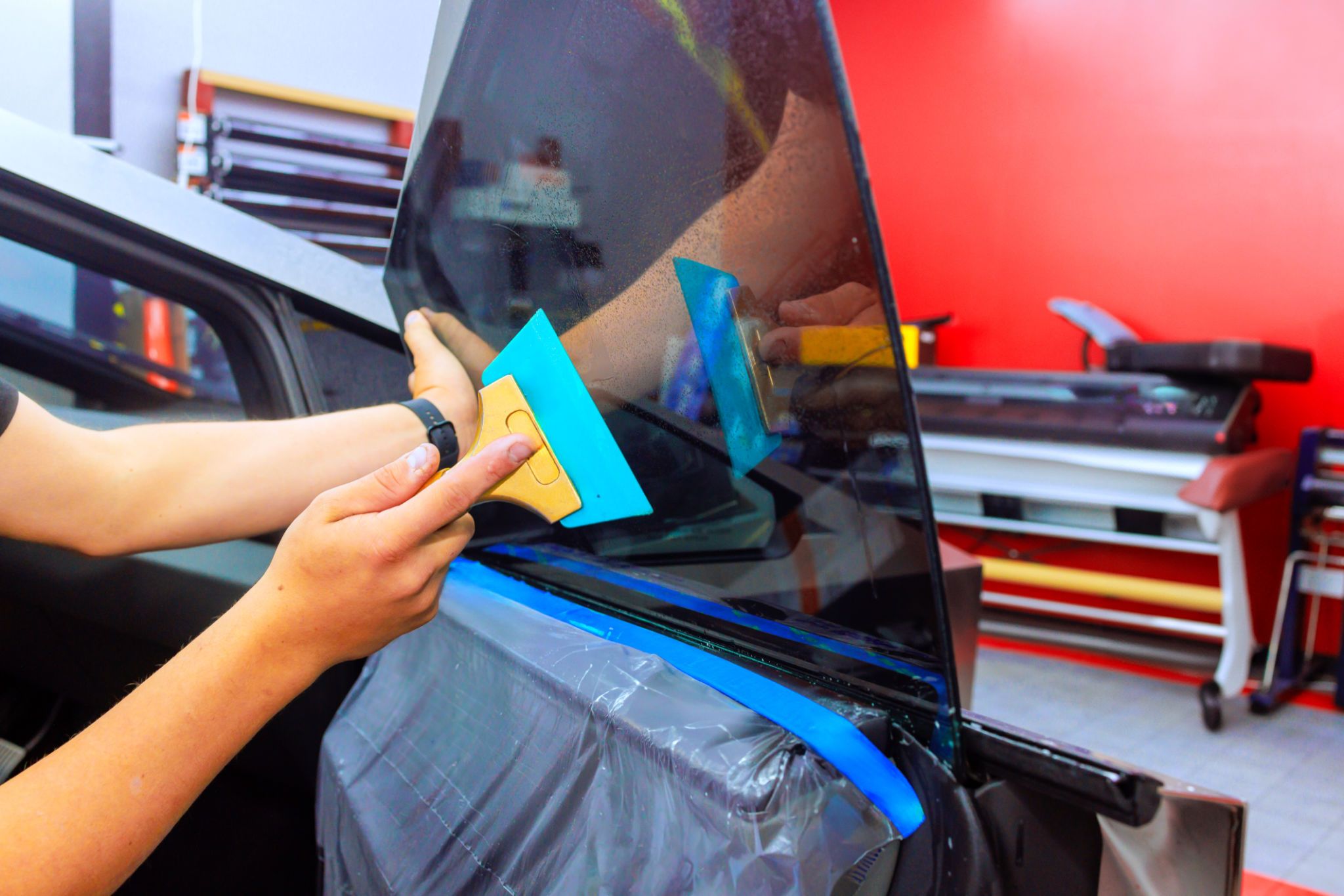Understanding UV Exposure: How Does Window Tinting Protect Your Health?
Understanding UV Exposure
Ultraviolet (UV) rays from the sun are a significant concern for both our health and the longevity of our belongings. While many people are aware of the need for sunscreen to protect their skin outdoors, fewer realize the impact of UV exposure indoors. Windows, whether in homes, offices, or vehicles, can let in harmful UV rays, which can cause a range of health issues and damage to interiors.

UV exposure can lead to skin cancer, premature aging, and eye damage. It's important to recognize that UV rays can penetrate glass, making us vulnerable even when we're indoors or in vehicles. This is where window tinting becomes an essential solution for safeguarding our health and protecting our interiors from UV-related harm.
How Window Tinting Works
Window tinting involves applying a specialized film to glass surfaces, which blocks a certain percentage of UV rays from passing through. This film acts as a barrier, significantly reducing the amount of harmful radiation that enters through windows. By blocking up to 99% of UV rays, window tinting helps in minimizing the risks associated with prolonged exposure.
There are various types of window tints available, each designed for specific purposes. Some tints focus on reducing glare and heat, while others are specifically formulated for UV protection. Choosing the right tint is crucial to ensure effective protection against UV radiation.

Health Benefits of Window Tinting
The health benefits of window tinting are substantial. By reducing UV exposure indoors, you lower the risk of developing skin cancer and other skin-related issues. Moreover, tinted windows can help prevent the formation of cataracts and other eye conditions that are exacerbated by UV exposure.
In addition to physical health benefits, window tinting also contributes to mental well-being by creating a more comfortable and pleasant indoor environment. By reducing glare and excessive heat, window tinting makes spaces more enjoyable and conducive to relaxation or productivity.
Protecting Interiors and Belongings
Beyond personal health, UV rays can cause significant damage to interiors, including fading of furniture, flooring, and artwork. Window tinting helps preserve the colors and textures of your home or office interiors by blocking UV rays that cause fading and deterioration over time.

By investing in window tinting, you extend the lifespan of your belongings and maintain the aesthetic appeal of your interiors. This not only saves money on replacement costs but also ensures that your living or working space remains vibrant and inviting.
Choosing the Right Window Tint
Selecting the appropriate window tint requires consideration of several factors, including the level of UV protection needed, the type of glass in your windows, and any additional benefits you seek, such as glare reduction or privacy enhancement. Consulting with a professional can help you make an informed decision tailored to your specific needs.
Professionals can provide insights into the different types of films available and recommend solutions that offer optimal protection and performance. By choosing a high-quality tint, you ensure long-term benefits and satisfaction with your investment.
Conclusion
Understanding the importance of UV exposure and taking proactive steps to mitigate its effects is crucial for both personal health and the preservation of our surroundings. Window tinting offers a practical and effective solution to protect against the harmful effects of UV rays. By investing in this protective measure, you contribute to a healthier lifestyle and a more sustainable living environment.